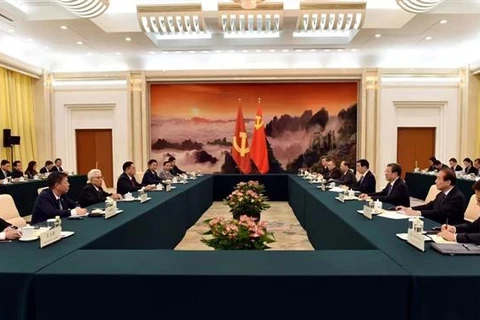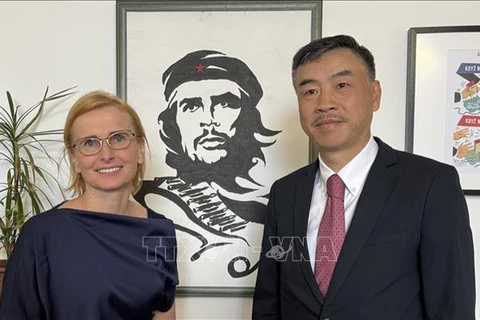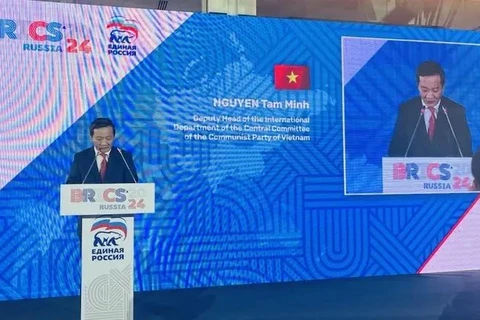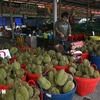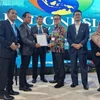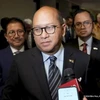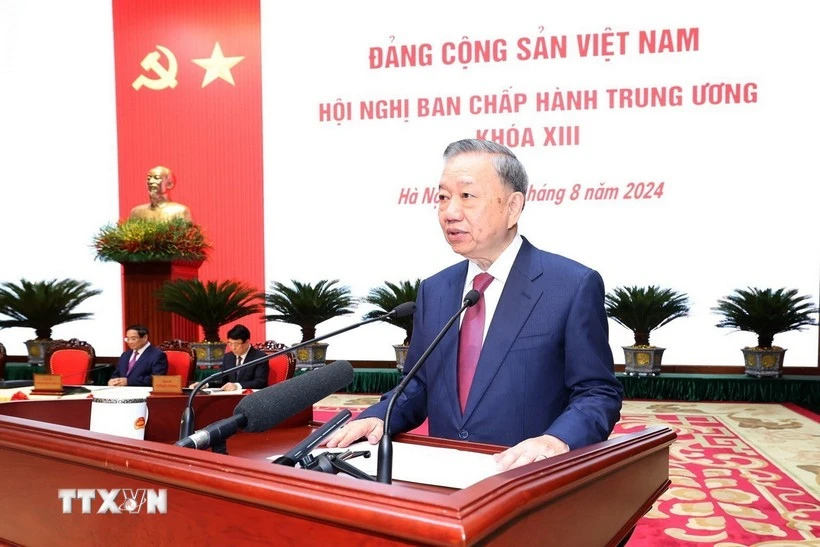
New Delhi (VNA) – The article named “Resolving to build a strong Party, and a prosperous, powerful, democratic, equal and civilised Vietnam” by General Secretary of the Communist Party of Vietnam (CPV) Central Committee and State President To Lam is a strong vision statement that highlights the core priorities of the Party and State of Vietnam today, according to an Indian professor.
Professor Archana Upadhyay from Jawaharlal Nehru University said in her interview granted to the Vietnam News Agency that Lam emphasised the government's priorities and the superiority of institutions which will help the leaders and people of Vietnam achieve their goals, including turning Vietnam into a high-income developed country by 2045, which, she assessed, will mark a significant leap from its current status as a middle-income country.
The pioneering role of the CPV in creatively applying and advancing Marxist-Leninism, inspired by the brilliant leadership of late President Ho Chi Minh and his successors, will continue to guide and shape Vietnam's political landscape and future goals.
The central position of Vietnam's national interests, rooted in its 4,000-year history of nation-building and defence, will serve as the foundation for all domestic and foreign policy priorities, Archana stated.
In addition, the article identified both traditional and non-traditional security challenges of the 21st century the world faces, as well as opportunities for the ongoing Fourth Industrial Revolution globally.
Vietnam is determined to seize these opportunities to continue its growth story with a strong spirit of self-reliance and confidence, the professor said, adding that the important role of the Party in reinforcing national unity and laying the foundation for a resilient society was also emphasised in this writing.
Archana also reiterated General Secretary and President To Lam’s commitment to continuing the anti-corruption campaign initiated by late Party General Secretary Nguyen Phu Trong.
She noted that as Vietnam embarks on a new chapter in its political history, there are elements of both continuity and adaptation in its approach to domestic and global challenges.
The Party's central role, rooted in the pride of socialist reforms inspired by the Vietnamese people’s struggles against hostile forces, will drive the nation's future efforts. And the "bamboo diplomacy" will remain a cornerstone of Vietnam's foreign policy as it seeks to strengthen its international standing, added Archana./.
